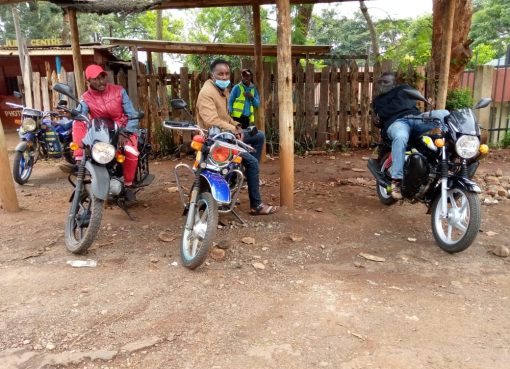An Indian naval ship Airavat docked at the Mombasa port with 70 metric tons of food aid destined for the troubled South Sudan yesterday.
The Indian High Commission appreciated the good gesture accorded by the Kenyan authorities to facilitate the transfer of the consignment to South Sudan.
The food aid comprising sugar, wheat flour and rice is to alleviate the suffering of the people of South Sudan facing food shortage induced by the COVID-19 Pandemic and other natural calamities.
The donation was handed over by Deputy Indian High Commissioner to Kenya Shri A shish Sinha to South Sudan Ambassador to Kenya H. E Chol Mawud Unguec Ojongo at Mombasa Port.
The Indian Deputy High Commissioner said the strong bonds of friendship and brotherly relations between India and African countries have been forged and strengthened over centuries.
He added that India has always stood in solidarity with the countries and people in Africa and has partnered in undertaking development, capacity building and humanitarian assistance programs.
He reiterated that since the outbreak of the COVID-19 pandemic, the government of India has worked closely with the governments in these countries for repatriation of each other’s nationals through special flights and the supply of medical assistance.
He said in keeping with Indian tradition of reaching out to the people of Africa in times of need, the Indian Naval ship delivered the food aid on November 20, for inland ferrying to South Sudan through Kenya to its final destination, Juba.
Enroute to Mombasa, INS Airavat made port calls at Port Sudan, Massawa and Djibouti and delivered food aid meant for Sudan, Eritrea and Djibouti.
South Sudan Ambassador to Kenya Chol Ajongo said Kenya has for the longest time been the entry and exit destination of choice for South Sudan via sea.
Present at the handing over ceremony were Mombasa County Commissioner Gilbert Kitiyo, Mr. Lam Jeur the first secretary, Embassy of South Sudan in Nairobi, Captain William Ruto General manager operations, Kenya Ports Authority and prominent members of the Indian community in Mombasa.
By Joseph Kamolo




